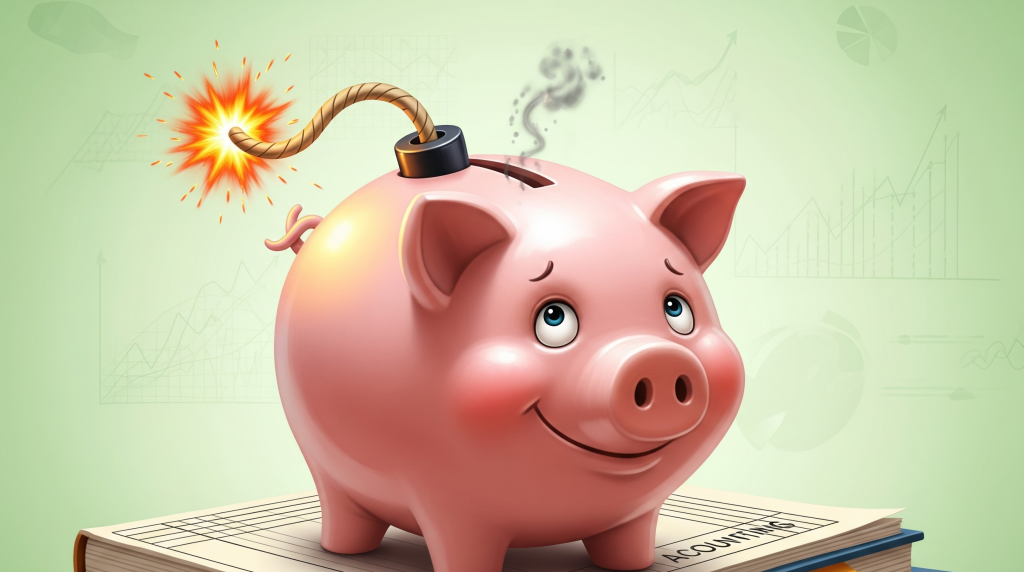Two Minutes Reading for business analysis
Have you ever looked at a company’s financial statements and seen a large item called “goodwill”? 🤔 It sounds friendly, but for investors it can be a ticking time bomb. Understanding this accounting concept is part of the wisdom of value investing—it helps you avoid nasty surprises.
What in the World is Goodwill?
Goodwill is an intangible asset that appears when one company buys another for more than its tangible assets are worth. Think of it as paying a premium for things you can’t touch but that carry value: a strong brand, loyal customers, or even a secret recipe.
📌 Example: When Berkshire Hathaway and 3G Capital merged Kraft Foods with Heinz in 2015, they paid far above the book value of Kraft’s factories and inventory. That extra amount—billions of dollars—was recorded as goodwill. It reflected the value of brands like Kraft Mac & Cheese and Oscar Mayer.
The Sour Side of Goodwill 📉
Here’s the danger: goodwill only exists on paper. Companies must test whether it’s still worth what they paid. If not, they must “write it down” or “impair” it—an admission that the acquisition wasn’t as valuable as hoped.
That’s exactly what happened to Kraft Heinz in 2019. Shifting consumer tastes away from processed foods forced the company to write down $15.4 billion of goodwill. Overnight, billions of “assets” disappeared and the stock plunged more than 25%.
Why This Matters to You 💡
A goodwill write-down is more than an accounting technicality. It signals:
-
A direct hit to profits: Write-downs show up as losses, which can swing earnings from positive to negative.
-
Management mistakes: It reveals that leadership overpaid for an acquisition.
-
Bigger problems ahead: Often, it reflects deeper strategic issues—like Kraft Heinz failing to adapt to changing food trends.
The Investor’s Lesson
When practicing value investing, always check the balance sheet:
-
Compare goodwill to total assets. If it’s a big portion, tread carefully.
-
Ask: does the company generate enough cash flow to support those acquisitions, or are they relying on hope?
-
Remember Buffett’s warning: “Beware of companies displaying too much goodwill—it may prove to be bad will.”
Bottom Line ✅
Goodwill isn’t automatically bad—it can reflect strong brands or smart deals. But it can also hide overpayment and poor capital allocation. For long-term investors, keeping an eye on goodwill is part of staying disciplined and avoiding traps.
👉 Follow me for more simple, smart investing strategy. 🚀 ✨ Join the Relax to Rich Club—where we grow wealth the calm, thoughtful way. 🧘♀️💰

